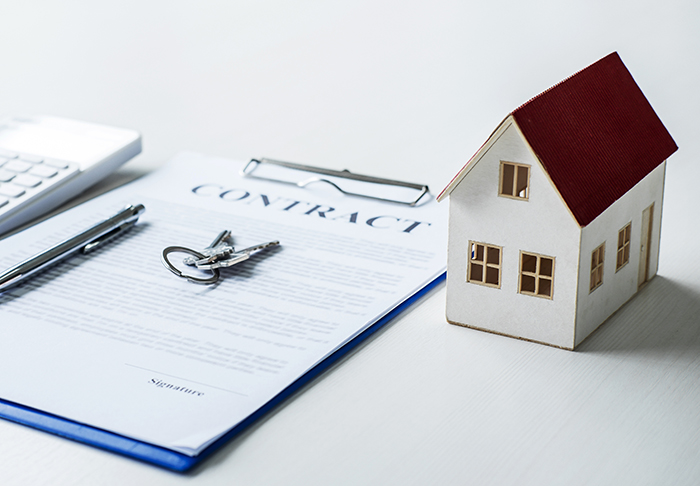Becoming a landlord can be a rewarding experience, but it also requires careful planning and preparation. Before you begin investing in any sort of rental property, you’re going to want to ensure that you have a deep understanding of your responsibilities and that you’re prepared for the challenges of owning a rental property. Here are some quick tips, tricks, and things to remember.
Tenants
Who are your tenants? Have they rented in the past? These are crucial factors for you to consider when purchasing a rental property. Choosing a responsible tenant and maintaining positive relationships with tenants is key to the success of your rental property business. Be prepared to handle conflicts and communicate effectively with tenants when necessary.
The expectation of responsibility and reliability should be a two-way street when it comes to your relationship with your tenants. Be responsive and informative when your tenants have questions, and make sure to address any issues or concerns they may raise. This will help you maintain a positive relationship with tenants and reduce the likelihood of disputes.
Make sure to screen tenants carefully. Thoroughly vet all candidates to ensure they are trustworthy and reliable. Consider running credit and background checks. Contact references to make sure they can vouch for the tenant’s responsibility and character. Establish a clear set of rules for tenants to follow, such as when rent is due, how maintenance requests are made, and what kind of behavior is unacceptable. Make sure tenants are aware of these rules and sign a lease agreement that outlines them.
Finances
Owning a rental property involves significant financial responsibilities, including mortgage payments, property taxes, insurance, and maintenance costs. Make sure you have a solid understanding of your budget and financial situation before becoming a landlord. Don’t forget insurance, as not everything your tenants do is entirely within your control. Consider purchasing insurance to protect your investment in case of property damage or liability issues.
Make sure you set a fair rental price. Research the value of similar rental properties in your area and set a price based on this information. Consider what businesses, services, schools, and other amenities are nearby. Also, take into consideration the age of the home and any upgrades or renovations that have been installed.
It’s also important to maintain accurate records of all transactions and communications with your tenants and contractors, including receipts for any expenses incurred. These are generally deductible from your income tax.
Property Maintenance
Being a landlord requires a moderate time commitment, including responding to tenant requests, handling maintenance issues, and collecting rent.
It’s important that you keep your rental property in good shape and working order by regularly performing maintenance and repairs and addressing any issues that may arise. Put a plan in place for handling these tasks and make sure they’re done promptly.
Legal & Property Management
If you have multiple properties or cannot devote what’s needed to manage your rental property, consider hiring a property manager to handle day-to-day tasks for you. Familiarize yourself with all relevant laws and regulations, including the Residential Tenancy Act (RTA), safety codes, and tax laws. Also familiarize yourself with any local legislation, including eviction procedures, security deposit requirements, or any potential rent control laws.
Any questions?
If you have any questions about becoming a landlord or investing in real estate, don’t hesitate to reach out and ask. We have extensive knowledge of the real estate industry and a vast professional network to help you achieve your short and long-term goals.
